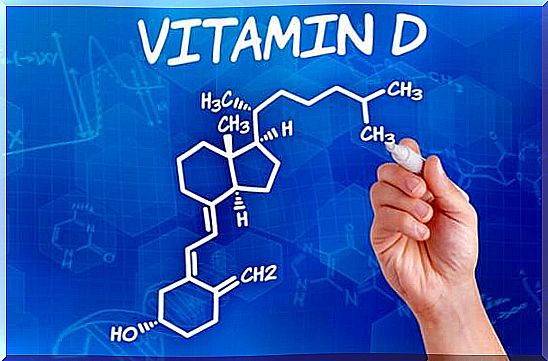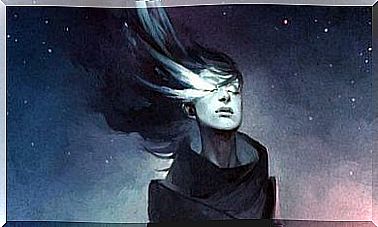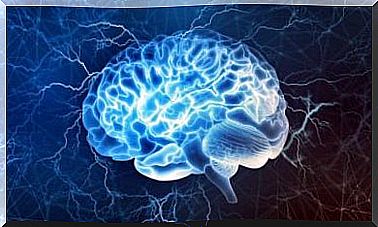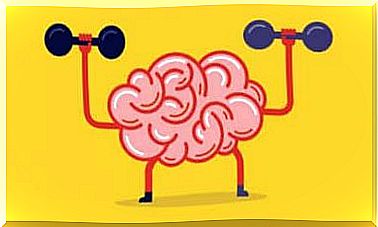Your Brain And Vitamin D: Why You Need The Sun

Your brain and vitamin D: did you know that your brain needs sunlight? It protects not only your bones, but also your neurons! In addition, it helps your body process minerals. There are many people who are deficient in vitamin D without being aware of it. In fact, the current estimate is that it affects about 60% of people between the ages of 50 and 60 — and about 80% of the elderly population.
There are two reasons for this. The first is that as we age, we cannot process this vitamin with the same efficiency as before. The second has to do with lifestyle choices. Vitamin D is absorbed through our skin when it is exposed to sunlight. We can also obtain it through our food, especially dairy products.
Your brain and vitamin D
Difficulty concentrating and thinking, memory loss, difficulty storing new information… These are all problems associated with vitamin D deficiency. These neurological symptoms are often underestimated — although of course there are many possible causes for these kinds of problems!
Most people are familiar with the links between this vitamin and calcium, strong bones, and osteoporosis (or its precursor, osteopenia). However, the relationship between the brain and vitamin D has also been known for several decades.
- It activates and deactivates enzymes in the brain and cerebrospinal fluid — or cerebrospinal fluid — that contribute to neurotransmitter synthesis and nerve growth.
- It protects neurons and also has an anti-inflammatory effect.
- A study by neuroscientist David Llewellyn (of the University of Cambridge) shows that a decreased vitamin D level results in less optimal performance in agility tasks and also lowers mental performance.
- Processing information takes more effort and time if we don’t get enough of this vitamin.
Symptoms of a deficiency
If we are deficient in vitamin D, the symptoms will not be so obvious at first. They are often attributed to other disorders and conditions, and sometimes even to age alone. But we need to invest in our health as we get older. After all, we have to do something to ensure that our great brains survive in good condition until old age!

Now let’s take a look at possible symptoms of a vitamin D deficiency:
- Fatigue
- flabby muscles
- Hip and back pain
- Problems with concentration
- Amnesia
- Problems saving new information
How can we get enough vitamin D?
Certain foods have been fortified with vitamin D since the relationship between the brain and this vitamin was established. Milk, yogurt, and breakfast cereals often have added vitamin D. But let’s look at other good sources:
- Sunbathing : half an hour every day (avoid the moments when the sun is at its strongest and when the sun’s rays are harmful)
- salmon
- Tuna
- sardines
- oysters
- Chanterelles (a type of mushroom)
- Shiitake mushrooms
- Cheese
- Milk
- Eggs
- Chickpeas
- Almonds
- Broccoli
- Agar agar (a type of binder)

In conclusion, given the link between the brain and vitamin D, it might be worth seeing a doctor so they can check your blood. Always seek expert advice before taking vitamin supplements on your own.
A good vitamin D level will also strengthen your immune system and you will be able to handle daily stress better. It is very important for both your body and your mind, so make sure you get enough of this vitamin !









